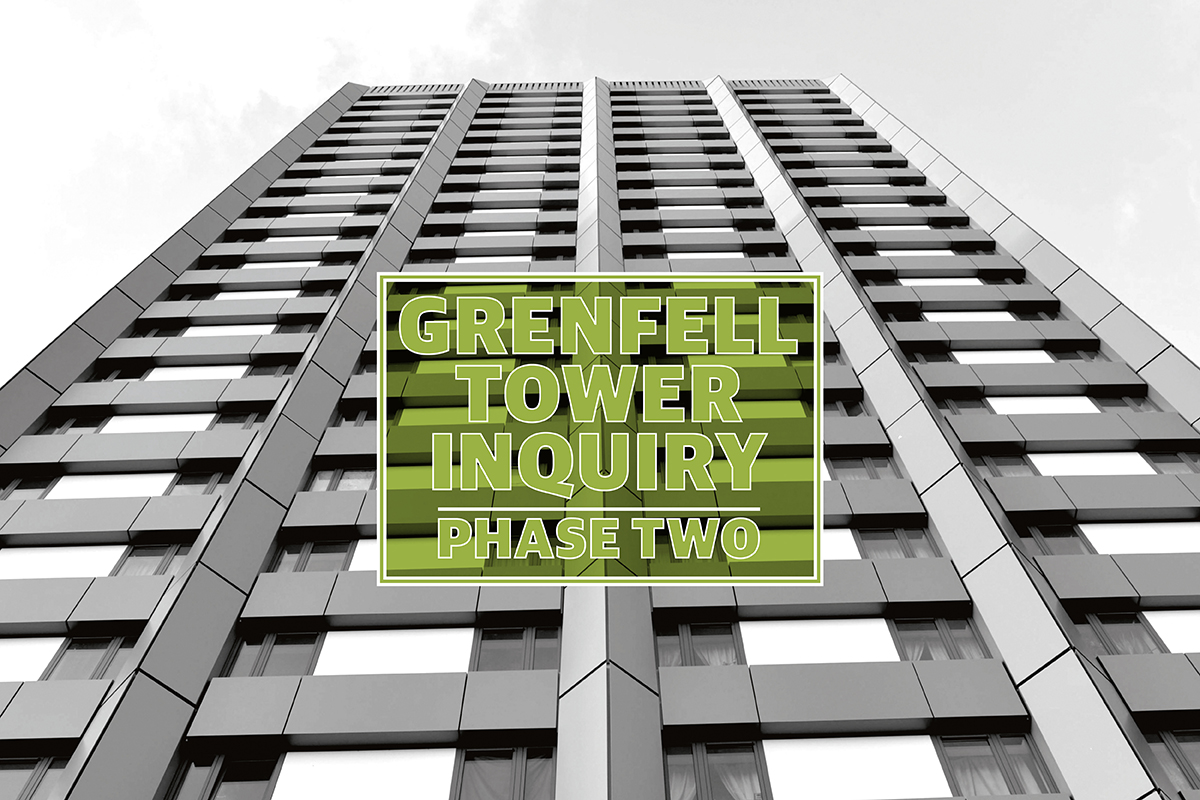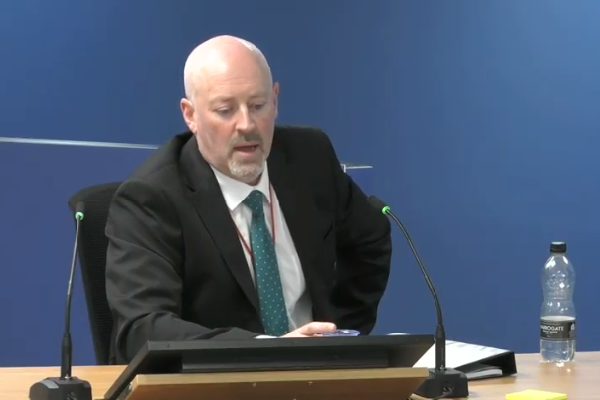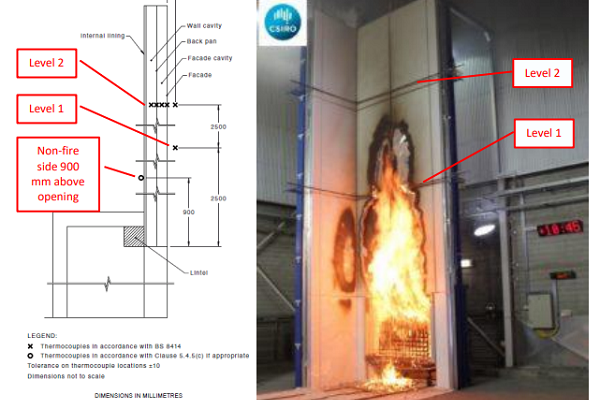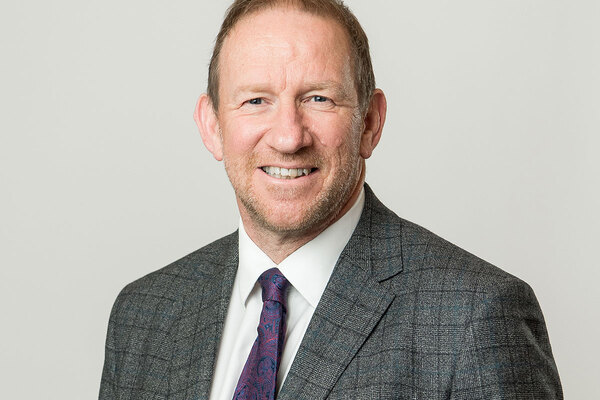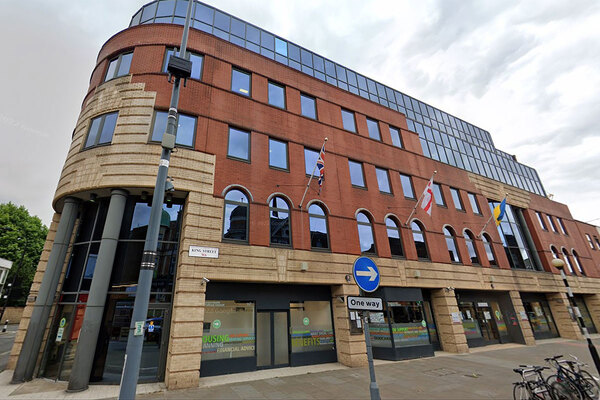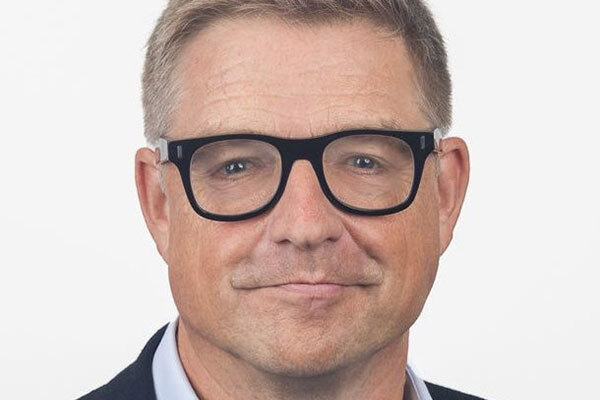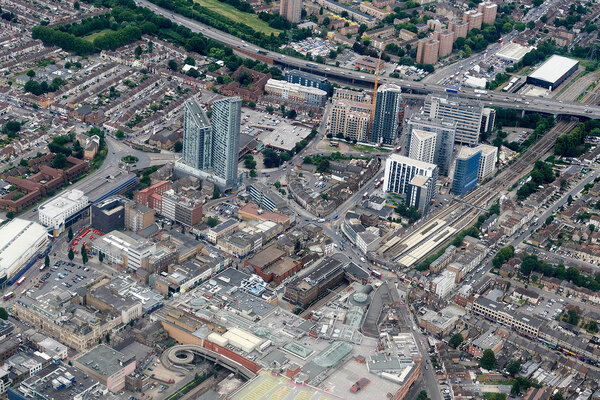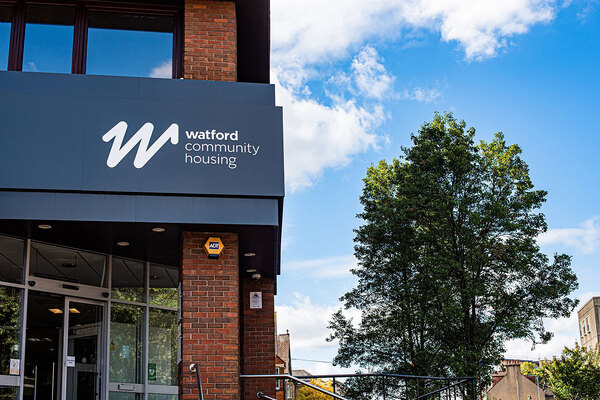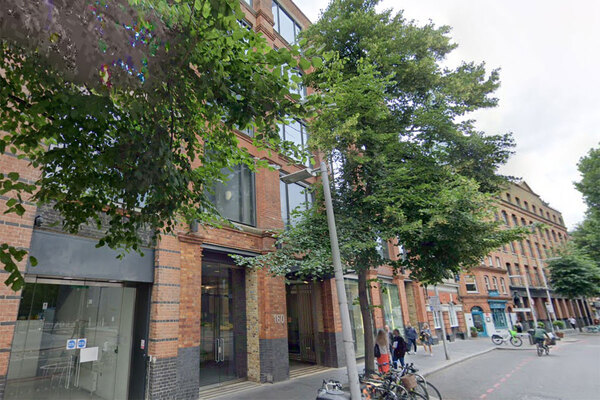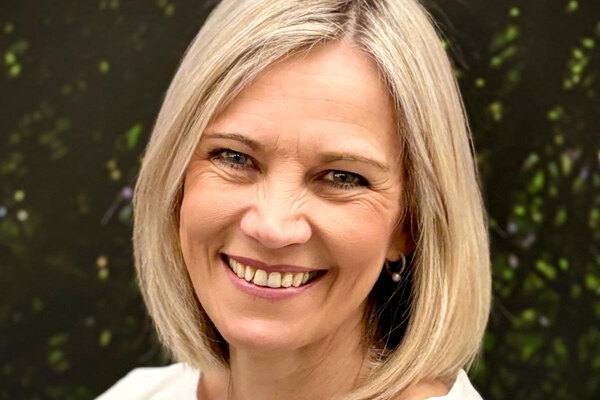Minister tells Arconic bosses to ‘step up’ and appear before Grenfell Inquiry
Bosses at the giant company which made the cladding panels installed on Grenfell Tower currently refusing to appear before the inquiry into the fire should “step up to the plate”, a government minister has demanded.
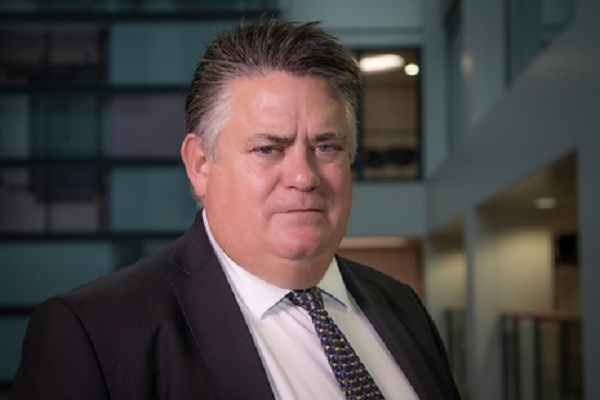
Building safety minister Lord Greenhalgh said the Arconic executives should “appear before the Grenfell Tower Inquiry rather than hide behind the 1968 French blocking statute”.
Two of four Arconic witnesses based in France and Germany have told the inquiry they will not be taking part, with another two yet to confirm.
Inquiry lead counsel Richard Millett QC said in November that lawyers for the individuals had pointed to a French law carrying potential criminal sanctions for those who disclose commercial matters to foreign courts, known as the French blocking statute.
Despite confirmation from the French embassy in London that the statute would not apply to the Grenfell Inquiry, Gwenaëlle Derrendinger and Claude Wehrle have said they will not take to the witness stand.
A third executive, Claude Schmidt, has indicated he is willing to attend under certain conditions which the inquiry said are mostly unworkable.
In shocking emails previously shown to the inquiry from before the Grenfell Tower fire, Mr Wehrle described the Arconic cladding product used on the building as “dangerous” and said the company was “in the know” about the risks.
Phase one of the Grenfell Inquiry concluded that the panels were the primary reason flames were able to spread up the tower, with “a heat of combustion similar to that of petrol or diesel fuel”.
Seventy-two people lost their lives in the blaze, including 18 children.
In a post on Twitter on Sunday, Lord Greenhalgh said: “Time for these Arconic executives to step up to the plate + appear before the Grenfell Tower Inquiry rather than hide behind the 1968 French blocking statute.”
It represents an escalation of rhetoric from the government over the witnesses’ resistance to co-operating with the inquiry.
If they cannot be persuaded to attend, the inquiry will likely present the evidence it would have questioned them about in their absence as it examines the testing, sale and marketing of materials used on Grenfell Tower.
There is no legal mechanism to compel overseas witnesses to attend a public inquiry.
A spokesperson for Arconic said: “AAP SAS [the French subsidiary of Arconic] continues to fully co-operate with the inquiry.
“The individuals who have declined to participate in the inquiry have taken the advice of separate counsel and AAP SAS does not have any influence on those decisions.
“The three witnesses who are represented by the company’s counsel are prepared to provide evidence, including Claude Schmidt, AAP SAS’s corporate representative.”
The firm has argued that its cladding was “misused” on the tower in a way that was “entirely peculiar to Grenfell” and “could not have been predicted”.
It has said the specific design involved “numerous departures from building regulations” and that the product was “capable of being used safely if adequate safety measures are designed”.
Sign up for our weekly Grenfell Inquiry newsletter
Each week we send out a newsletter rounding up the key news from the Grenfell Inquiry, along with the headlines from the week
Already have an account? Click here to manage your newsletters
